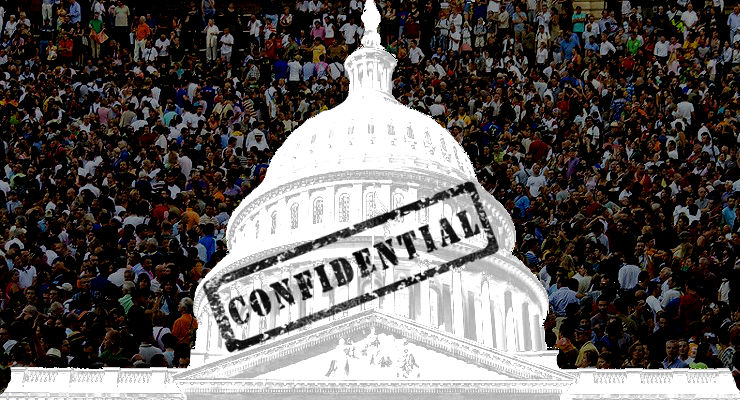
Researchers at Princeton University’s Woodrow Wilson School of Public and International Affairs released a study titled “Geography, Uncertainty, and Polarization” with some revealing insight into American political polarization and the election of extreme legislators. “Our finding calls into question the notion that reformers can reverse legislative polarization by replacing politically homogeneous districts with more competitive, ideologically diverse districts,” said Nolan McCarty, Princeton’s Susan Dod Brown Professor of Politics and Public Affairs. From the research abstract:
Using new data on roll-call voting of US state legislators and public opinion in their districts, we explain how ideological polarization of voters within districts can lead to legislative polarization. In so-called “moderate” districts that switch hands between parties, legislative behavior is shaped by the fact that voters are often quite heterogeneous: the ideological distance between Democrats and Republicans within these districts is often greater than the distance between liberal cities and conservative rural areas.
We root this intuition in a formal model that associates intradistrict ideological heterogeneity with uncertainty about the ideological location of the median voter. We then demonstrate that among districts with similar median voter ideologies, the difference in legislative behavior between Democratic and Republican state legislators is greater in more ideologically heterogeneous districts. Our findings suggest that accounting for the subtleties of political geography can help explain the coexistence of polarized legislators and a mass public that appears to contain many moderates.
Some information from a review of the study at Science Daily:
So-called purple voting districts that change hands between Republicans and Democrats — rather than reliably conservative and liberal districts — are an underappreciated source of rising political polarization in state legislatures, according to a study led by a Princeton University researcher.
As judged by the views of the median voter, such districts may appear to be politically moderate, but that isn’t true, the researchers found. Instead, voters in these districts tend to be highly polarized themselves, with relatively few moderate voters in the middle, explained Nolan McCarty, chair of Princeton’s Department of Politics and lead author of the study, which appears in the journal Political Science Research and Methods.
Rather than hew to the center, Republicans and Democrats who represent purple districts tend to take more extreme positions, as measured by their roll-call votes, than do their counterparts in reliably red and blue districts.
Leave a Reply